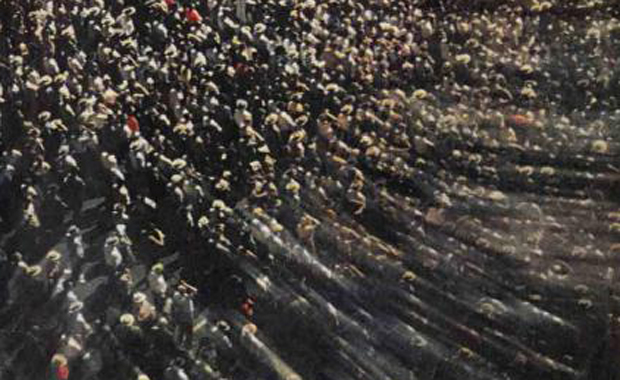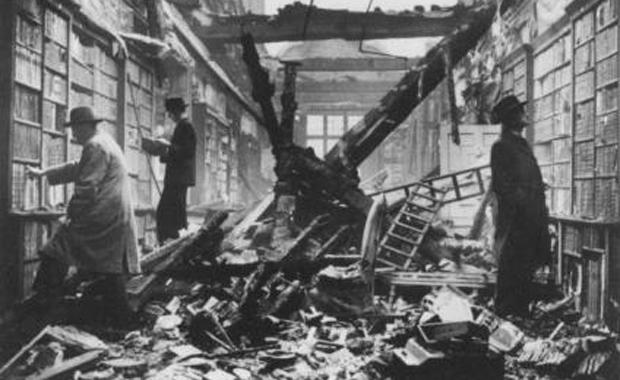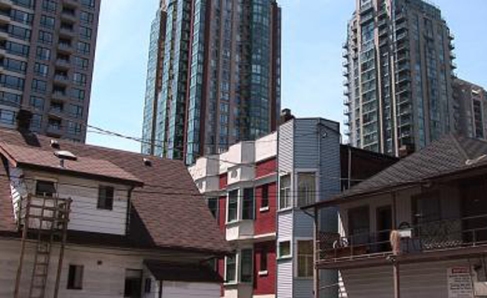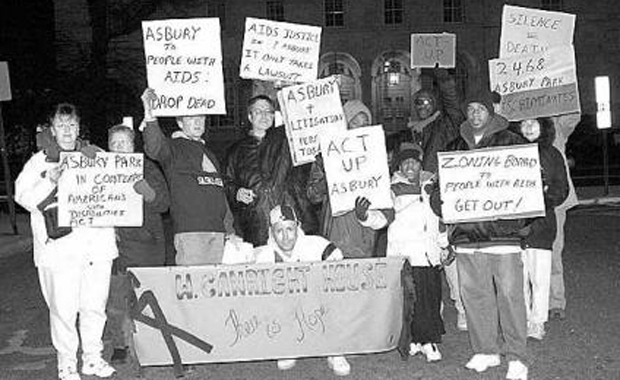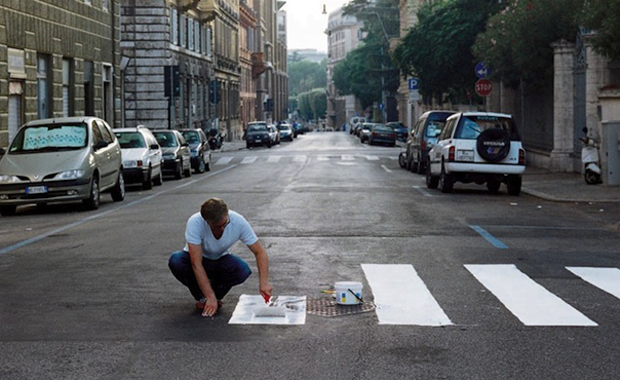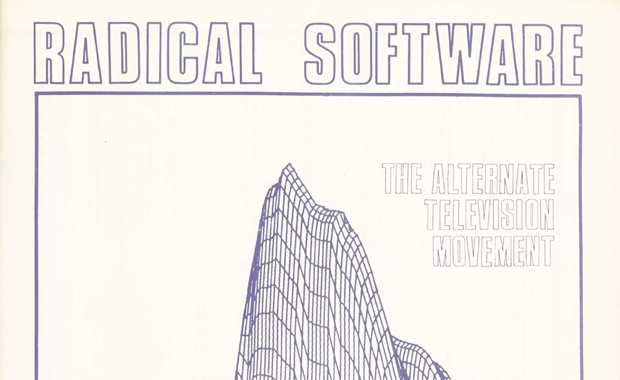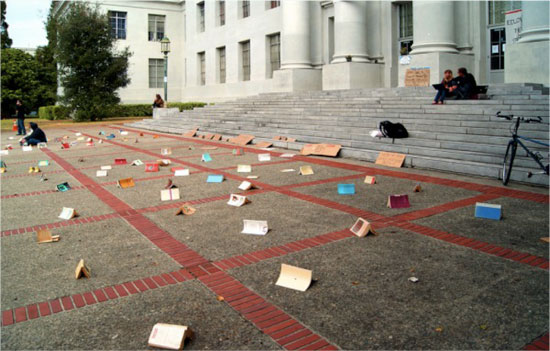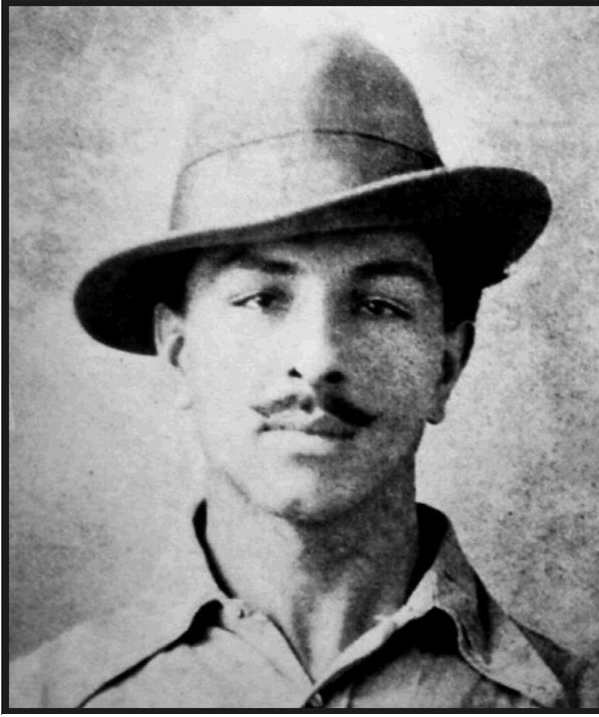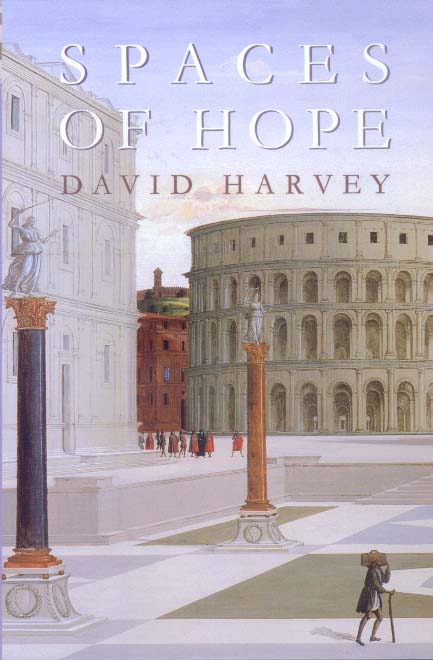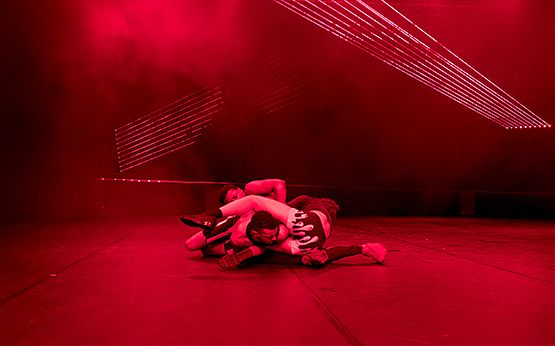
Martha Glenn Courtesy of HAU
Wednesday, 06 February 2019
6 PM
OR Gallery (555 Hamilton Street, Vancouver)
Free, all welcome
Performance artist and choreographer Ligia Lewis’s research residency at the OR Gallery is part of a constellation of events where artists and guest-speakers think alongside her on themes in performance and gesture. During this time, the OR Gallery will transform into the Breathing Room, a publicly accessible rehearsal space and reading room where Lewis will break from her near-constant touring schedule to view performance archives, respond to texts and develop ideas with visitors including keyon gaskin (Portland, OR), Joshua Chambers-Letson (Northwestern University), Tina Post (University of Chicago), Laura U. Marks (SFU) and Phanuel Antwi (UBC).
More information about the exhibition can be found here.
As part of this constellation, Amy Kazymerchyk and Lewis will co-host a No Reading salon. Participants will read and discuss excerpts from Zakiyyah Iman Jackson’s “Theorizing in a Void: Sublimity, Matter, and Physics in Black Feminist Poetics,” which explores how discourses of chaos theory and physics reach beyond the limits of conceptualization and representation to image the performative, gestural, resonant and metaphoric dimensions of black feminist poetics; and Michael Taussig’s Mimesis and Alterity: A Particular History of the Senses, which attends to how mimesis (the practice of imitation) and its proximity to alterity (the opposition of Self and Other) are deeply indebted to colonialism’s ideological constructions.
Texts will be handed out at the salon. No pre-reading or research is required.
Please RSVP to or@orgallery.org
Through her performance practice, Ligia Lewis engages affect, empathy and the sensate, her choreography considers the social implications of the body while evoking its potentiality. In 2017, Lewis was awarded a Bessie for Outstanding Production for her work, “minor matter” and the Prix Jardin d’Europe for “Sorrow Swag.”
Amy Kazymerchyk is a curator who has paid particular attention to moving image and time-based practices, with intrigue and care for their encounters with cinema, performance, painting and poetics. From 2013–18 she was the Curator of SFU Galleries’ Audain Gallery. Previously she was the Events and Exhibitions Coordinator at VIVO Media Arts Centre. In 2008 she inaugurated DIM Cinema, a monthly series of artists’ moving images at The Cinematheque, which she programmed until 2013.
